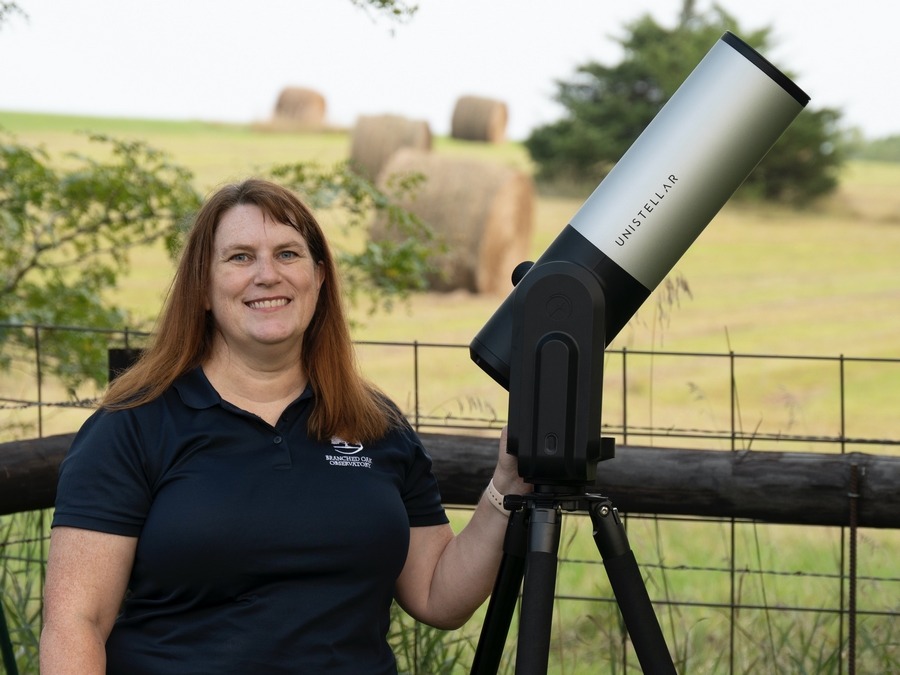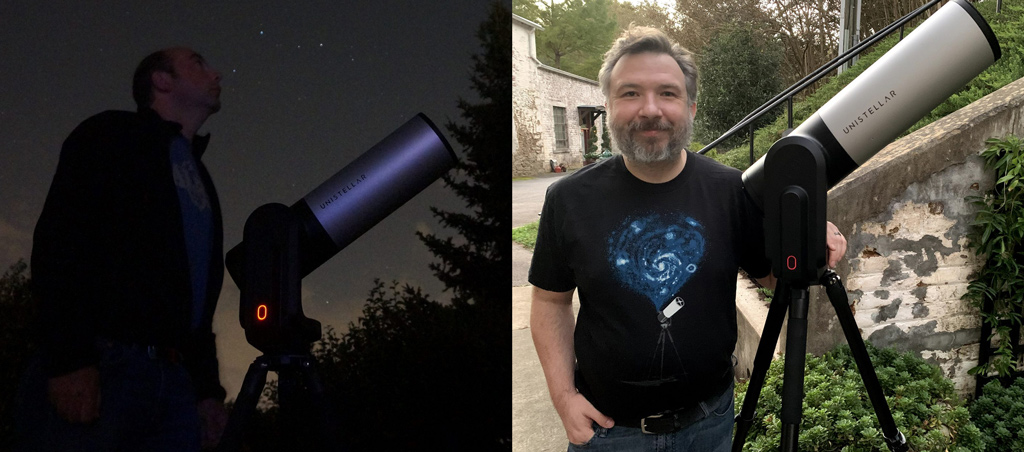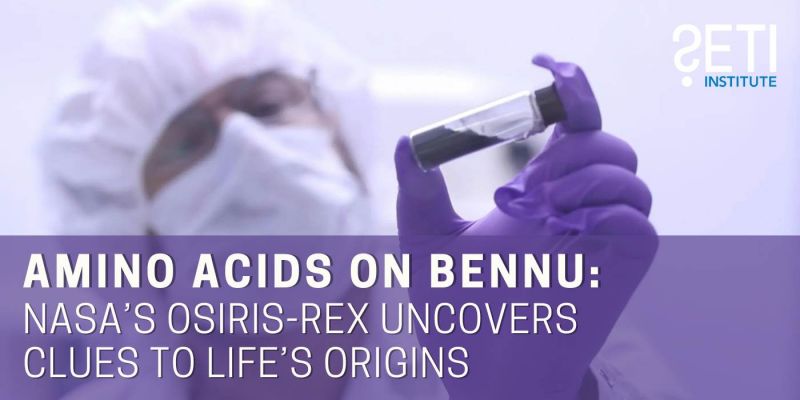The SETI Institute is Unistellar’s scientific partner, helping citizen scientists make meaningful contributions to astronomy.

Unistellar’s global network of citizen scientists made hundreds of astronomical observations in 2021, including asteroid occultations, exoplanet transits and asteroid observations. Their work included meaningful contributions to NASA's Lucy mission to the Trojan asteroids, as presented at scientific conferences and helped community college students throughout the United States gain hands-on scientific experience.
"Citizen scientists recorded more than 1,000 scientific observations last year using the Unistellar network,” said Franck Marchis, senior astronomer at the SETI Institute and chief scientific officer at Unistellar. “It's truly the result of the collaboration between scientists at the SETI Institute and citizen scientists around the world who have dedicated their personal time to participate in scientific programs linked to NASA and ESA goals, like the NASA Lucy mission or the Solar Orbiter flyby. We are entering a new era of astronomy when all of us can contribute time to study and understand our universe. We are planning to expand this program with new studies related to comets and transient events in the year 2022."
Some highlights include:
Community College Engagement and Asteroid Detection:

Kendra Sibbernsen, Physics and Astronomy instructor at the Metropolitan Community College (Nebraska, USA), was the first instructor from a network of community colleges to make a successful detection as a Unistellar citizen astronomer! In November 2021, Kendra positively detected main-belt asteroid Itha.
Read more about how the SETI Institute and Unistellar are working with community colleges:
SETI Institute and Unistellar to Provide eVscopes, Workshops to Community Colleges
The Lucy Mission:
On May 9, the shadow of the Trojan asteroid Patroclus swept across the continental US, and members of the Unistellar community were there to observe it. Patroclus is exciting to scientists because it's one of the targets for NASA’s Lucy mission, which launched in October of 2021 to study the Trojans. With better data on Patroclus, thanks in part to citizen science observations, the Lucy spacecraft will be able to fly by this never-before-visited asteroid more confidently.
Unistellar citizen scientists were invited to attend the launch in recognition of their contributions. They met up with members of the Unistellar team to watch the Lucy spacecraft soar above the clouds and into orbit.
You can watch our videos with this team here:
Exoplanet Detection:

Two Unistellar observers celebrated a very different kind of observation over the summer. Unistellar Ambassadors Bruno Guillet and Justus Randolph pulled off a unique feat in November 2020 as they tag-teamed a cross-Atlantic observation of an exoplanet transit. With their data, Unistellar scientists were able to stitch together the observations into a single lightcurve that validated the detection of exoplanet candidate TOI 2031.01 in June of last year. Bruno and Justus presented their observations in a poster for the AAVSO annual meeting later in November 2021.
You can read more about this project here:
Cross Atlantic Planet-Hunting
And watch a video here:
For more information about the contributions of Unistellar’s citizen science network:
2021 Unistellar Citizen Science Recap: Asteroids, Exoplanets and Hundreds of Detections









